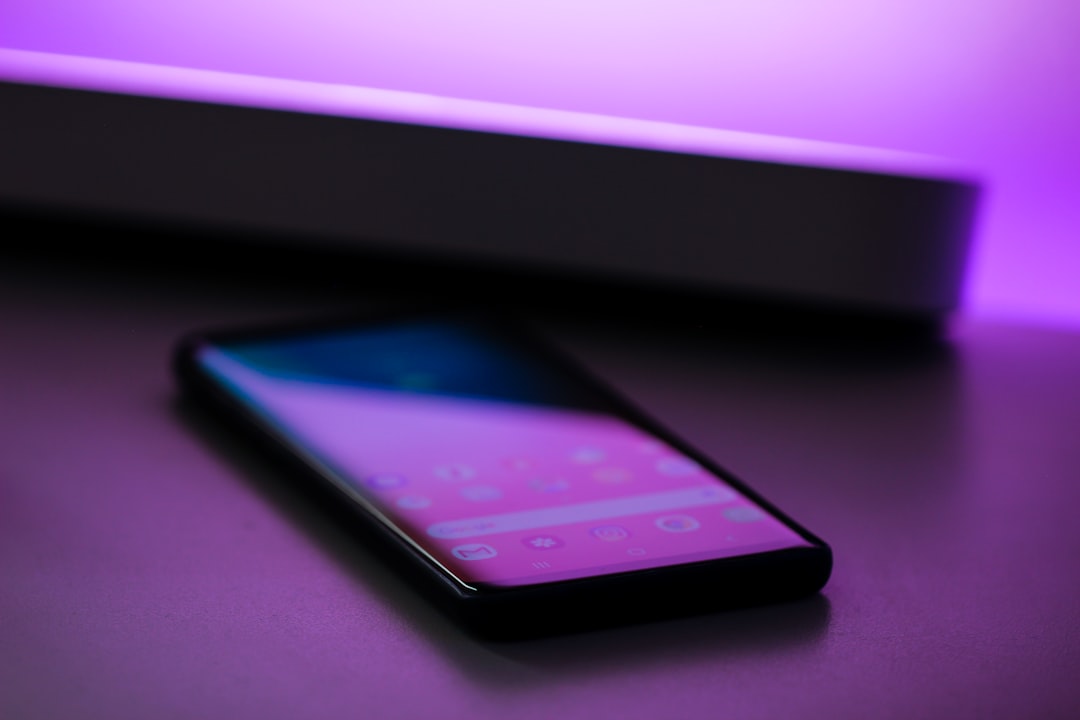Nomophobia is “the fear of not being able to use one’s smartphone and the services it offers.” In a 2021 study of this phenomenon, psychologists brought participants into a lab under pretenses that weren’t related to their phone usage and told them that their devices would need to be stored in the next room so they didn’t interfere with research equipment. They then proceeded to text the phones that were within earshot but could not be checked. When participants heard their phones go off, researchers noted a spike in arousal levels. They wanted to check their phones, but they couldn’t, and this made them anxious.

A few months ago, I noticed that I was compulsively picking up my phone. Not because I was expecting a call or it was buzzing for attention, but because that’s what I had trained myself to do with a few minutes of spare time. This phone fidgeting had become the default activity for down time to the point where any amount of time seemed like a good time for phone time.
The two apps I scrolled the most were Instagram and Twitter so I deleted both of them. It felt good to take an action toward what I thought was the root of the problem, but at the end of the week, when I got a report on my screen time, it was only marginally better than the week before. Even without my apps of choice, I hadn’t really broken the attachment to my phone. Sure, I picked it up less, and maybe that helped me focus for a bit longer, but when given the chance to do something more substantial like crack open a book, I still found myself making up for lost time with a deep dive into my email or the New York Times homepage.

Though they’ve become essential to our social and professional lives, most of us still see phones as lighthearted containers of messaging, games, and apps. Trivial things for when we have trivial time on our hands. But the hardware that powers its touch screen and the software that powers its apps are designed to take up much more than the 5 minutes between meetings or the 15 minutes while you’re waiting for your partner to join you on the couch. As Bo Burnham notes, “They’re coming for every second of your life.”
I’m worried about that. Not just our inability to ignore notifications, but the loss of the ways in which we used to fill our days. The introspection, the day dreaming, and the other ways we actually used to rest our minds. An essential part of writing is putting down the work and then giving it the space to breathe while your mind chews on it in the background. The more often that we neglect to fully disengage in this way, the more likely it is that we’ll come back to whatever we’re working on with a dull tool.
We can say that this is the way of the world. That whether it’s a social network, a news site or a publication like The Verge that recently redesigned its website to be more like Twitter, there are countless options vying for our attention and rewarding us with cheese at the beginning, the middle, and the end of the maze.
But we can also actively reevaluate our relationship to time and leisure and communication. We can set boundaries and reset expectations. When there’s a fork in the road of attention, we can recognize the pull toward a cheap distraction and choose to stay in the work of focusing anyway. And when we need a break from that work, we can choose to sit with our thoughts and actually listen to what they’re telling us.



Great observation about the way we behave.
I totally agree we have become addicted
Yes, Jack, I share your concern, both as writer and filmmaker. Propaganda is not art and not honest …